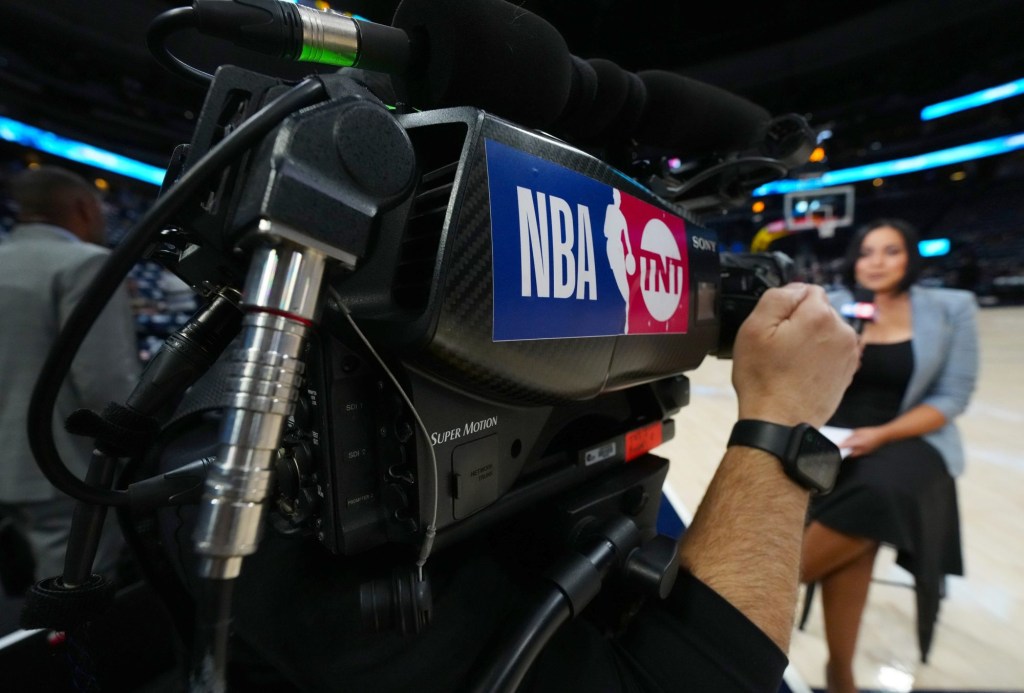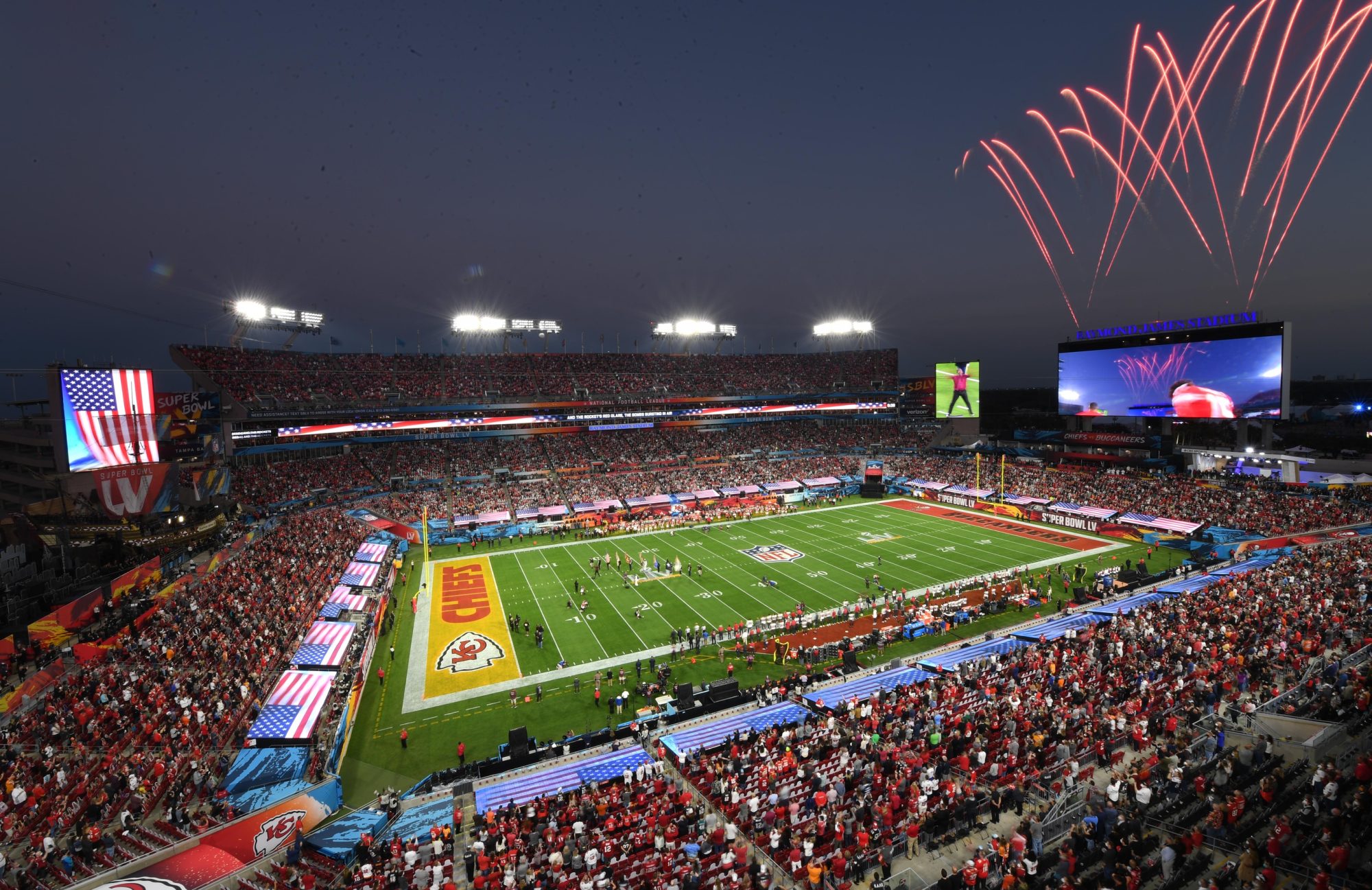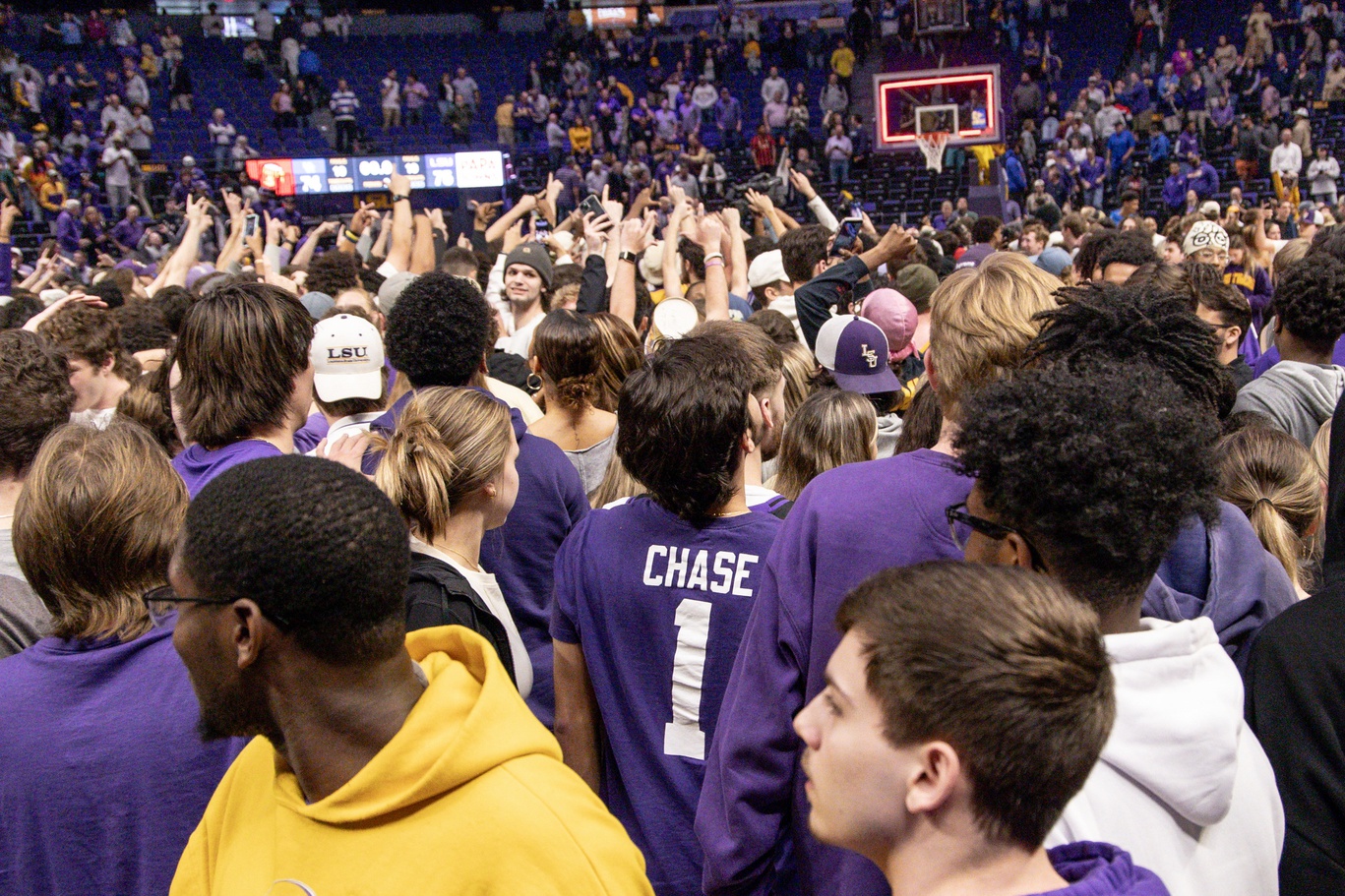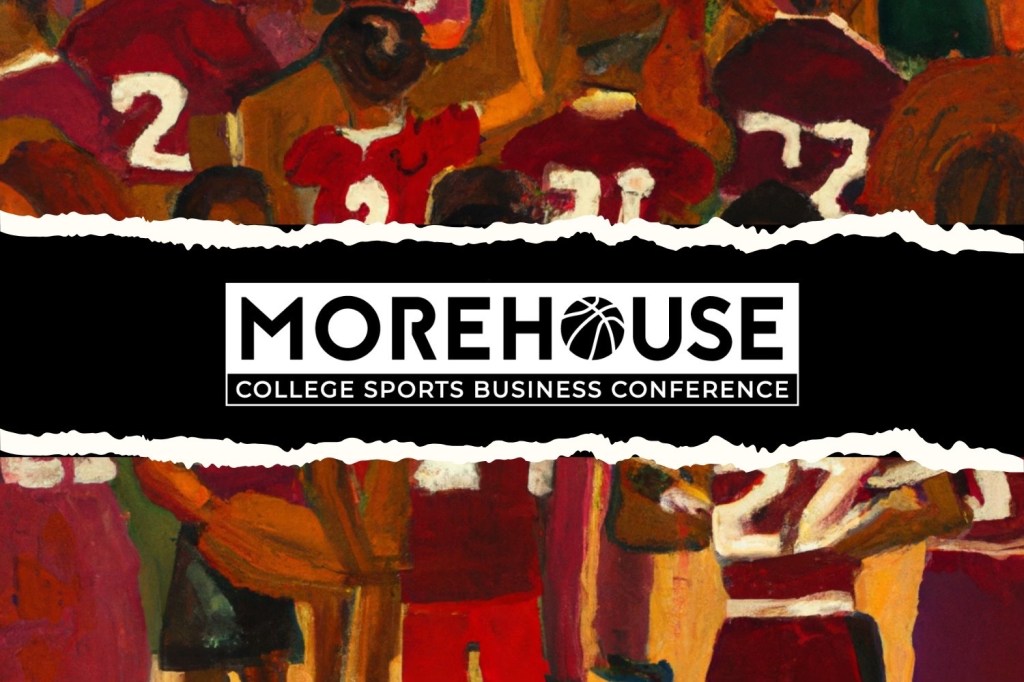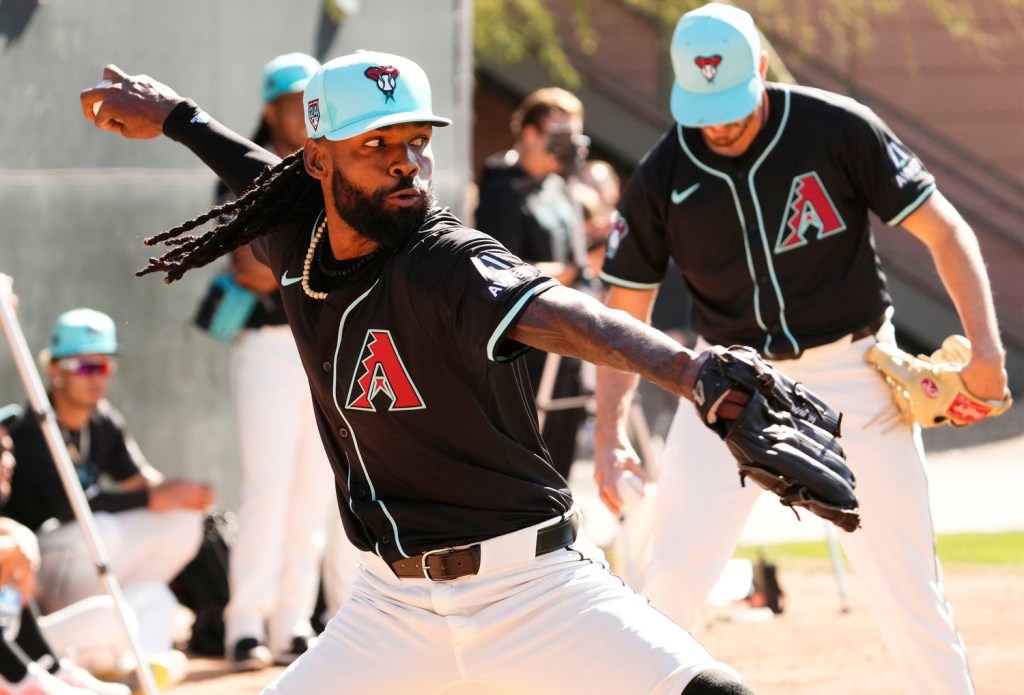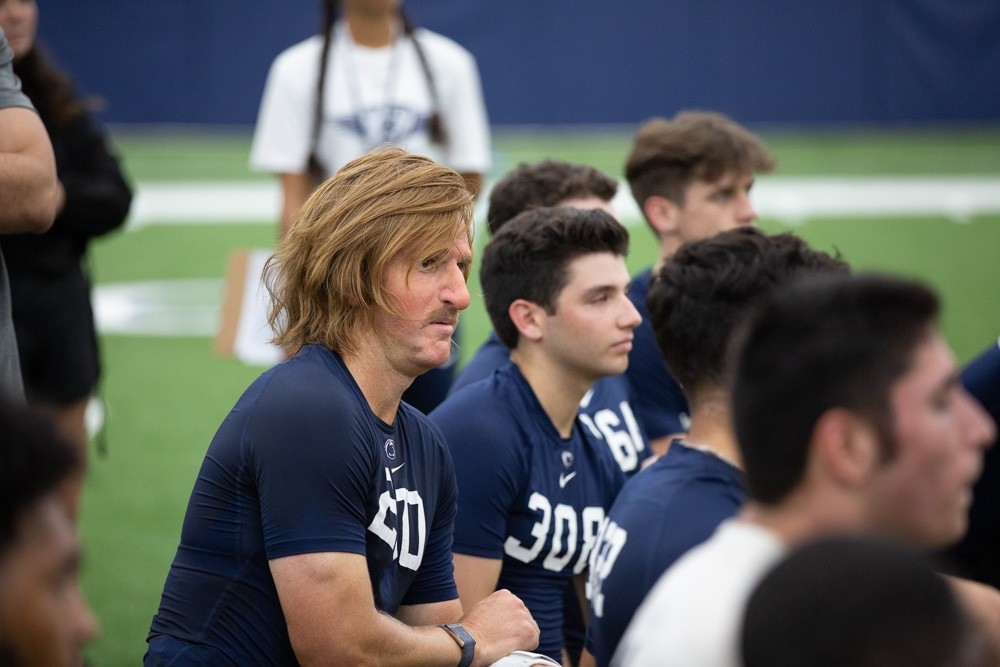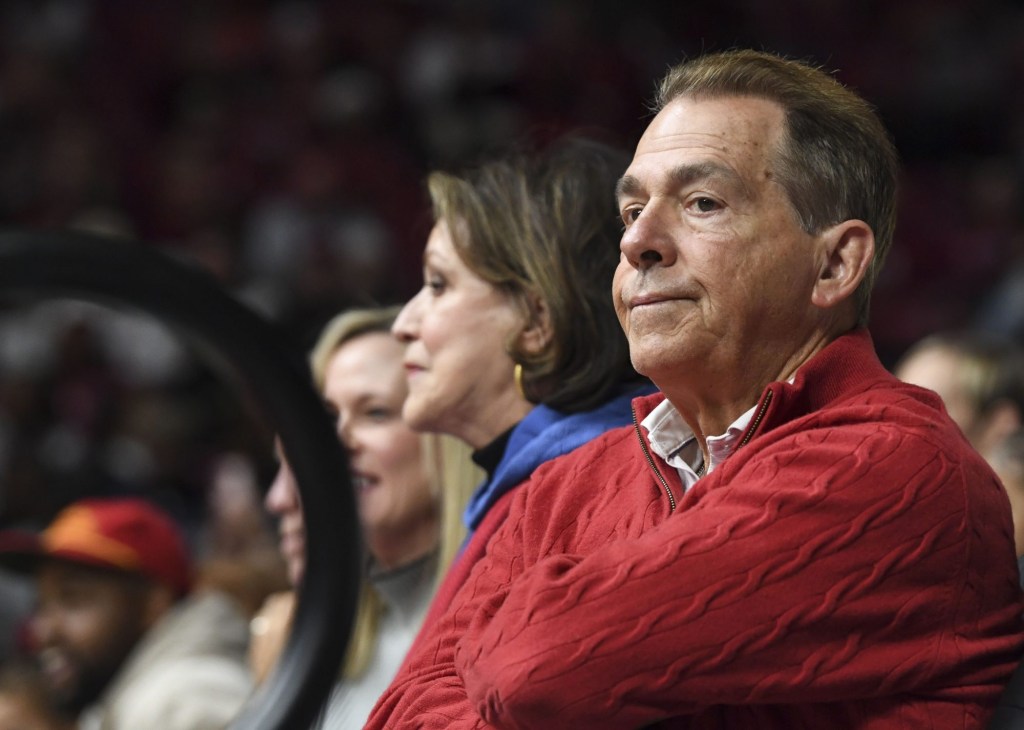Warner Bros. Discovery reported a significant milestone Friday, becoming the first major U.S. media conglomerate to post a full-year profit from its streaming business. But that achievement was far from enough as the TNT Sports parent posted a $400 million fourth-quarter net loss, helping fuel a nearly 10% stock drop.
The company, which recently rebranded its sports division, said it logged a $103 million profit last year from its direct-to-consumer division, which includes its Max platform that continues to elevate its college and pro sports content. The figure dramatically reversed a $1.6 billion loss in that segment in 2022. Such a financial milestone in streaming has yet to be reached by major competitors such as Disney, Comcast, or Paramount.
That news, however, was quickly overshadowed by revenue and adjusted earnings that missed Wall Street projections, with both measures weakened by drops in the company’s advertising and theatrical production businesses. WBD shares closed Thursday at $8.61, down 9.94%. The stock hit a new company low, and is down by nearly two-thirds compared to April 2022, when Discovery Inc. and AT&T Inc.’s WarnerMedia completed a landmark merger.
“This business is not without its challenges,” said WBD CEO David Zaslav. “Among them, we continue to face the impacts of ongoing disruption in the pay-TV ecosystem and a dislocated linear advertising ecosystem.”
Touting the Alliance
Zaslav, meanwhile, made his first public comments about the company’s high-profile sports streaming joint venture with ESPN and Fox, one that has already generated a legal challenge from FuboTV. Beyond reaching a large potential market of cord-cutters and cord-nevers, Zaslav said eliminating channel confusion among sports fans is key for the still-unnamed service.
“Today, people are thinking, ‘What channel should I watch? What channel is my sport on?’ You’ll be able to go to this new product, this new app-based product, and if you watch the baseball playoffs, you’ll watch all of them and you won’t be thinking, ‘What channel is it on?’ Hockey, you’ll watch all of the hockey playoffs, right through the Stanley Cup,” Zaslav said. “For [pro] basketball, you’ll watch all the playoffs right through to the championships, and you will never think or ever have to Google where it is.”
Zaslav’s examples for MLB, the NHL, and NBA, however, denote three pro leagues whose national rights are held entirely by the participating companies. For many other properties, that isn’t true. Still, Zaslav touted the effort’s move toward greater streaming rebundling.
“In the longer term, I expect that there will be meaningful bundling,” he said. “It’s going to happen in one of two ways. It’ll be either a bundling by an intermediary, a platform company like an Apple or an Amazon or a Roku, or what’s going on with Charter and Comcast. … Or we could do it ourselves, and I’ve always advocated that we should do it ourselves.”


